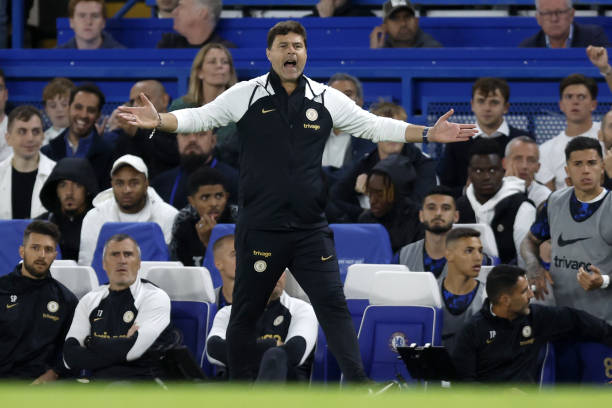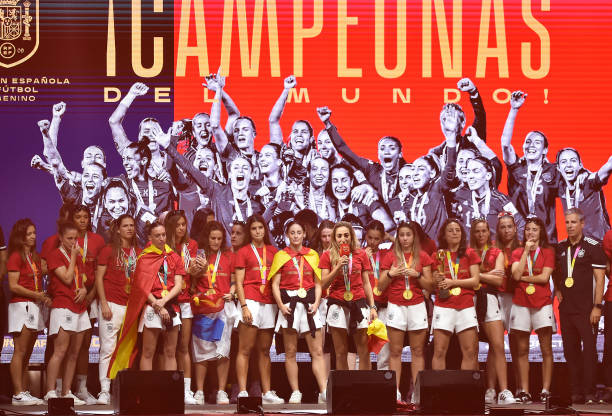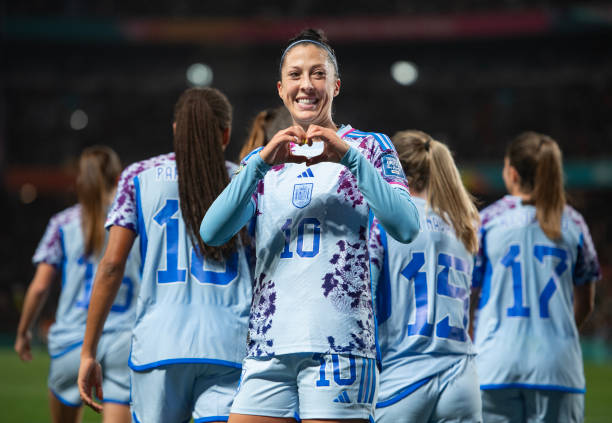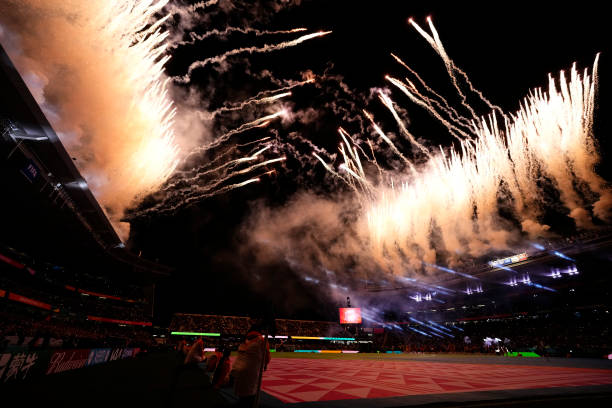A plan by a number of teams to wear “One Love” armbands at the World Cup in Qatar had to be abandoned after FIFA threatened to punish the players who wore them.
The “One Love” campaign is an initiative that came out of the Netherlands and was designed to promote the idea of inclusion at the World Cup in a country, Qatar, that has a poor record when it comes to human rights and its treatment of same-sex relationships.
The armband was intended to be worn by the Dutch and the captains of six other national teams: England, Wales, Belgium, Denmark, France, and Switzerland.
However, their plans had to be changed after FIFA said that players wearing such armbands would be shown automatic yellow cards, putting them at risk of suspension.
Instead, a compromise was found, and the captains that took to the field on Monday – Harry Kane of England, Virgil van Dijk of the Netherlands, and Gareth Bale of Wales — wore armbands with the FIFA-approved slogan “No Discrimination” instead.
The issue of the armbands was raised during a meeting between FIFA and some European football federations that was later described as “fractious.”
FIFA’s stance was that wearing the ‘One Love’ armband was in contravention of policy on approved equipment.
On the eve of the tournament, FIFA had written to all the participating nations urging them to keep politics out of football and, then, before the World Cup had even started, their president Gianni Infantino, delivered a speech that accused Western nations of hypocrisy over the human rights issue and defended Qatar’s record.
However, one protest that was allowed to go ahead during the second day of the World Cup was the refusal of the Iran players to sing their national anthem.
Instead, they stood in stony silence when the anthem was played before their game against England.
It was meant to show support for the anti-government protests that have been going on in their home country since September.
It was triggered by the death of a 22-year-old woman, Mahsa Amini, who was picked up by the morality police whilst on a visit to Teheran for a minor dress code infringement and subsequently died in custody. That has seen a wave of protests across the country, prompting a government crackdown.
Hundreds of people are reported to have died in the violence, many of them women, whilst many more have been arrested and detained.
They are not the first Iranian team to have refused to sing the national anthem in recent weeks. Their beach football, basketball, and water polo teams are among those that have taken a similar stand. And some of their supporters in the stands for the match against the English wore T-shirts emblazoned with the logo “Women, life, freedom” which has become the rallying cry of the protest movement.
It remains to be seen what consequences the players will face, if any, for their actions on Monday, which are set to be repeated before their matches against Wales and the USA.

Must See
-


Champions League
/ 1 year agoChampions League – Matchday 2
Almost in the blink of an eye we reached the second day of the...
-


Premier League
/ 1 year agoThe bad start for Poch’s Chelsea
Since Todd Boehly’s arrival as club owner in the summer of 2022, Chelsea have...
-


Premier League
/ 1 year agoJadon Sancho’s feud with Erik Ten Hag continues
Manchester United winger Jadon Sancho’s time at Old Trafford has been torrid, to say...



